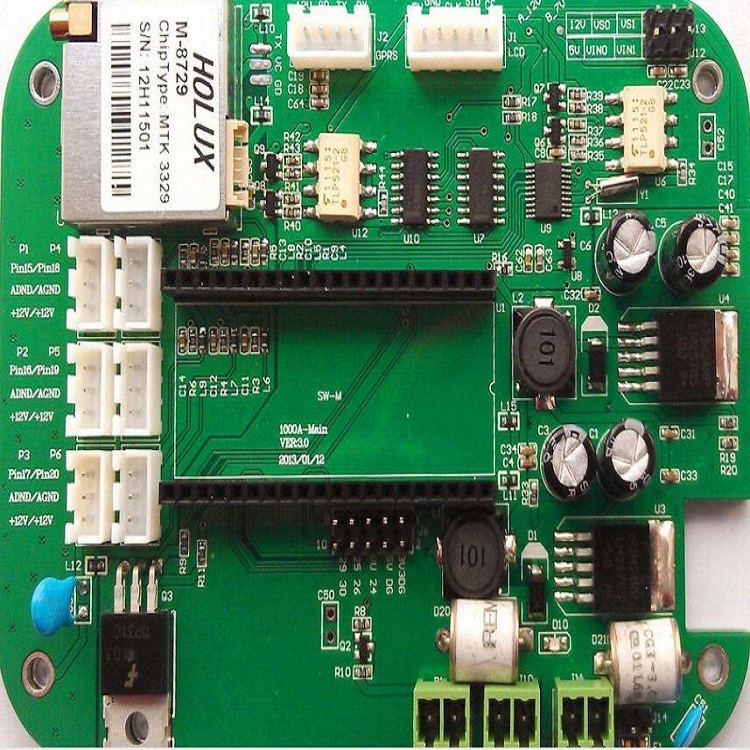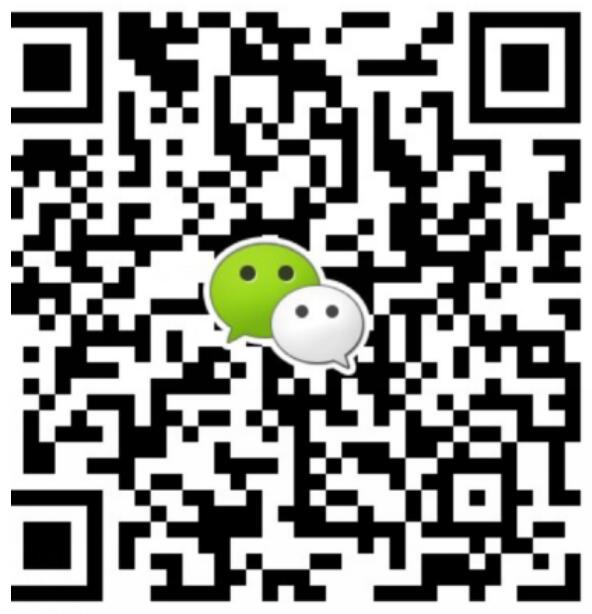
The Internet of Things is an important component of the new generation of information technology and a crucial stage of development in the era of informatization. Its English name is: “Internet of things(IoT)”。 As the name implies, the Internet of Things is the Internet connected by things. This has two meanings: first, the core and foundation of the Internet of Things is still the Internet, which is an extension and expanded network on the basis of the Internet; Secondly, its user end extends and expands to any item to item exchange and communication, that is, object to object communication. The Internet of Things is widely used in the integration of networks through communication awareness technologies such as intelligent perception, recognition technology and pervasive computing, which is also known as the third wave of the development of the world's information industry after computers and the Internet. The Internet of Things is the application expansion of the Internet. It is not so much a network as a business and application. Therefore, application innovation is the core of the development of the Internet of Things, and innovation 2.0 centered on user experience is the soul of the development of the Internet of Things.
The concepts of Industry 4.0 and the Internet of Things have been proposed in previous years. Enterprises are no longer "fighting alone", and there will be no "mountain gap" between industries. Enterprises and industries can achieve closer connections, more convenient cooperation, and more convenient information circulation.
The development of the Internet of Things brings great convenience and value to traditional industries such as PCB production, which can bring tremendous development and new opportunities to these factories and production-oriented enterprises. The Internet of Things can collect front-line data information such as control components, production components, and automated production lines of enterprises, enabling factory managers to make more intelligent decisions based on data information, thus forming smart factories, intelligent manufacturing, and so on.
The Internet of Things can simultaneously connect to the supply chain and demand chain in the transaction process. Producers can adjust their factory production plans in a timely manner according to the market demand of the external environment, achieve flexible production manufacturing, ultimately improve the responsiveness and production efficiency of the factory, shorten the full life cycle of products, improve asset utilization, and reduce the risk of resource waste. This is the value brought by intelligent manufacturing. And demanders can compare multiple companies and choose the most suitable factory for cooperation in terms of transportation, price, raw materials, after-sales service, and other aspects.
Many PCB enterprises have begun to contact the Internet and the Internet of Things. With a history of more than ten years, Berry Technology has a certain position in the PCB industry. It not only enters the Internet e-commerce, but also actively participates in the construction of the Internet of Things in the PCB industry. The cloud creation website under its umbrella is a professional hardware innovation service platform, adding icing on the cake to the development of the Internet of Things in this industry.





